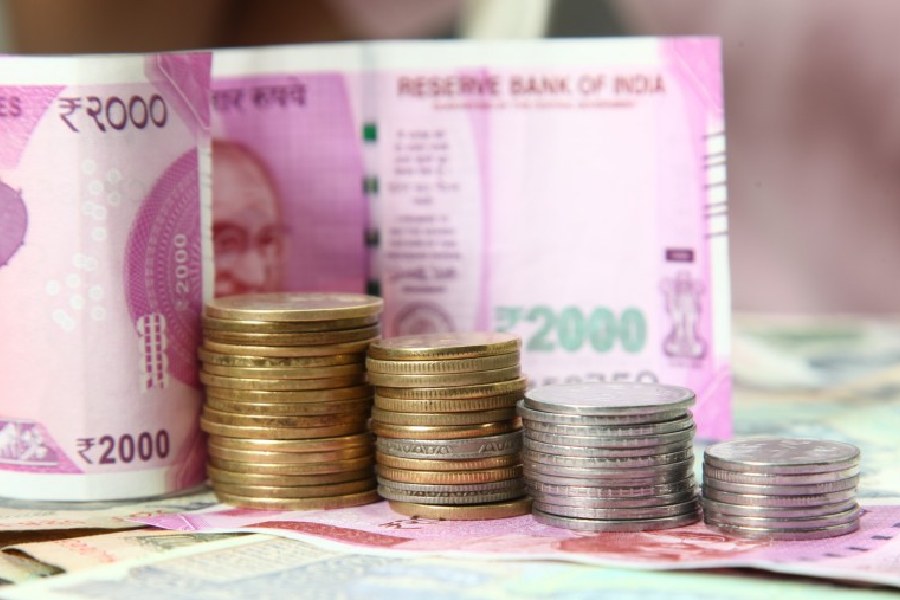Much of life in Israel came to a halt on Monday: Hospitals stopped providing nonemergency care, planes were grounded at the country’s main airport, and malls and banks closed. The disruptions were part of an escalation in protests against the government’s proposed judicial overhaul, which has plunged Israel into one of its gravest political crises ever.
The interruptions to daily life were the latest sign that Prime Minister Benjamin Netanyahu had underestimated Israelis’ opposition to his government’s proposed changes to the courts. In response to the chaos, he has relented, at least in part. Netanyahu announced yesterday that he would delay the changes until later this year. “When there is a possibility of preventing a civil war through dialogue, I, as the Prime Minister, take a timeout for dialogue,” he said.
The announcement calmed some of the protesters and unions called off their strikes. But it remains unclear what will happen in the coming weeks — and whether Netanyahu will continue pushing a proposal that has started to fracture even his own cabinet. Israel has dealt with deep political divisions for some time — holding five elections in four years — and the fight over the judicial overhaul has shown that those divisions persist.
Over the last two days, the opposition used all of its power to threaten to shut down the economy unless its views were taken into account, while the other side threatened to use its majority in Parliament to push through their political agenda, Patrick Kingsley, The Times’s Jerusalem bureau chief, explained.
“It was a very high-stakes game of chicken,” Patrick says.
But there’s still disappointment and uncertainty on both sides. “The Opposition fears that this overhaul may simply be reinstated in its current form at a later date,” Patrick says. Among Right-wing voters, Patrick says, there’s a feeling that their votes don’t count.
The Opposition argues that the overhaul would significantly weaken one of the few checks, besides elections, on Parliament. Israelis in the Opposition tend to hold a more secular, pluralistic vision for the country, and see the courts as important to preserving that view. The Opposition also says that Netanyahu is pushing for the changes to protect himself because he is standing trial on corruption charges.
That Opposition has gained momentum because it unites influential parts of Israeli society: universities, unions and the reservists who play a key role in the military. The backing of such organisations is often the difference between successful and failed protest movements.
New York Times News Service










